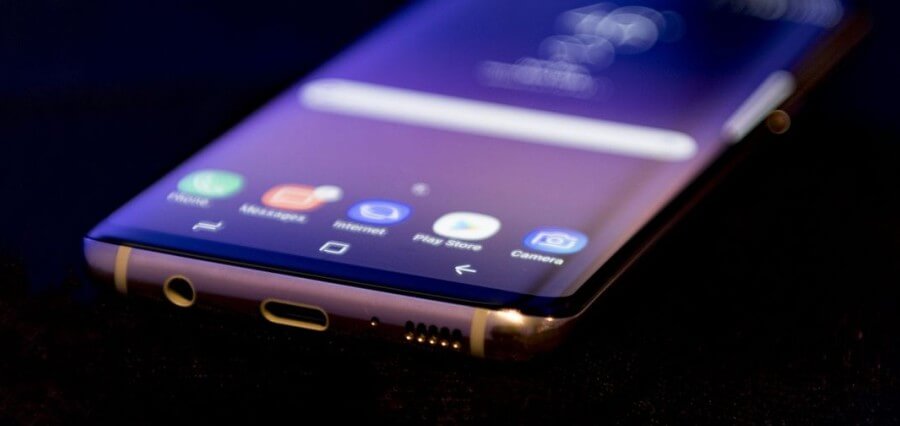Who is not connected to the internet these days? Most large cities around the world now have internet access, and most adults use internet-connected smartphones on a daily basis. If you’re reading this, you’re probably one of them!
However, did you know that today’s internet network is not the same as what it was in the past? The mobile internet network has grown rapidly since the first time the cellular network was used in 1980. The level of speed and data transfer support has become more sophisticated and modern. With this technology, there’s a greater possibility to support new functions and enhance current experiences.
Fifth Network Generation: 5G
5G technology has been widely adopted in many countries. Faster connectivity and more responsiveness make this technology very useful in improving the performance of previous technologies. 5G technology will have the potential to change the landscape of the existing mobile network and will likely affect the development of other technologies as more people switch to 5G providers. One example of this is the increased adoption of mobile access control. 5G technology has allowed for faster and more convenient access to buildings using your smartphone instead of key cards.
How mobile technology soon replaces key cards
The very rapid development of mobile technology has ultimately prompted many changes in almost all sectors, one of which is the physical security sector. With a key card entry system, users require an access card that functions as a security device to unlock the door. It is commonly used in hotels and offices. However, with the prevalence of smartphones and IoT-connected devices, many companies are starting to turn to mobile technology to replace key cards.
As an alternative to single-use key cards for visitors or short-term guests, mobile technology provides downloadable digital keys. For example, many hotels now allow their guests to download their digital key via their own mobile phone or use the hotel app to unlock their individual room doors and access hotel amenities.
What makes mobile technology more attractive as a security tool is that it enables other features, such as chat functions, remote capabilities, and geo-targeted promotions. However, this new technology isn’t the right fit for everyone. Many companies still need to offer key card credentials or fobs for people who don’t use smartphones or for added security in restricted areas where cell phones aren’t allowed. That’s why choosing the right key card and fob door lock system is a very important decision that shouldn’t be taken lightly. Access control systems are expensive investments and difficult to replace if you choose the wrong one. It’s also important that your system can easily adapt to future changes.
During the COVID-19 pandemic, mobile technology applications as security devices became increasingly popular, as they allow users to avoid contact with common surfaces and other people. Many businesses opted for touchless and keyless entry systems during the pandemic so that users wouldn’t need to type in PIN codes or touch a common door reader. In hotels, mobile apps let guests book, check-in, and access their rooms without needing to visit the front desk.
Top hotels such as Hilton and Marriott are supporting the switch to “digital locks” and developing them so that they can make it easier for their users to access in-hotel facilities (according to the level of the room booked). They are also turning to keyless entry systems instead of key cards due to the convenience factor and better ROI in the long run.
| Click Here For More News and Blog |


